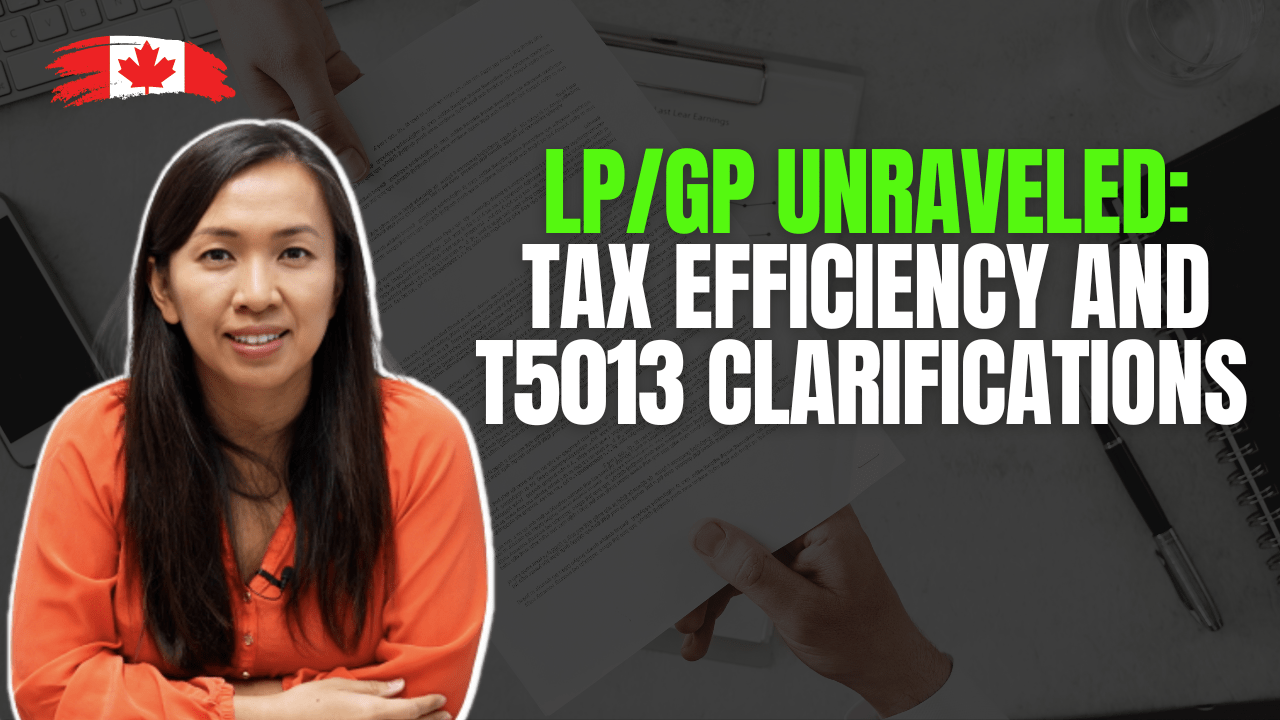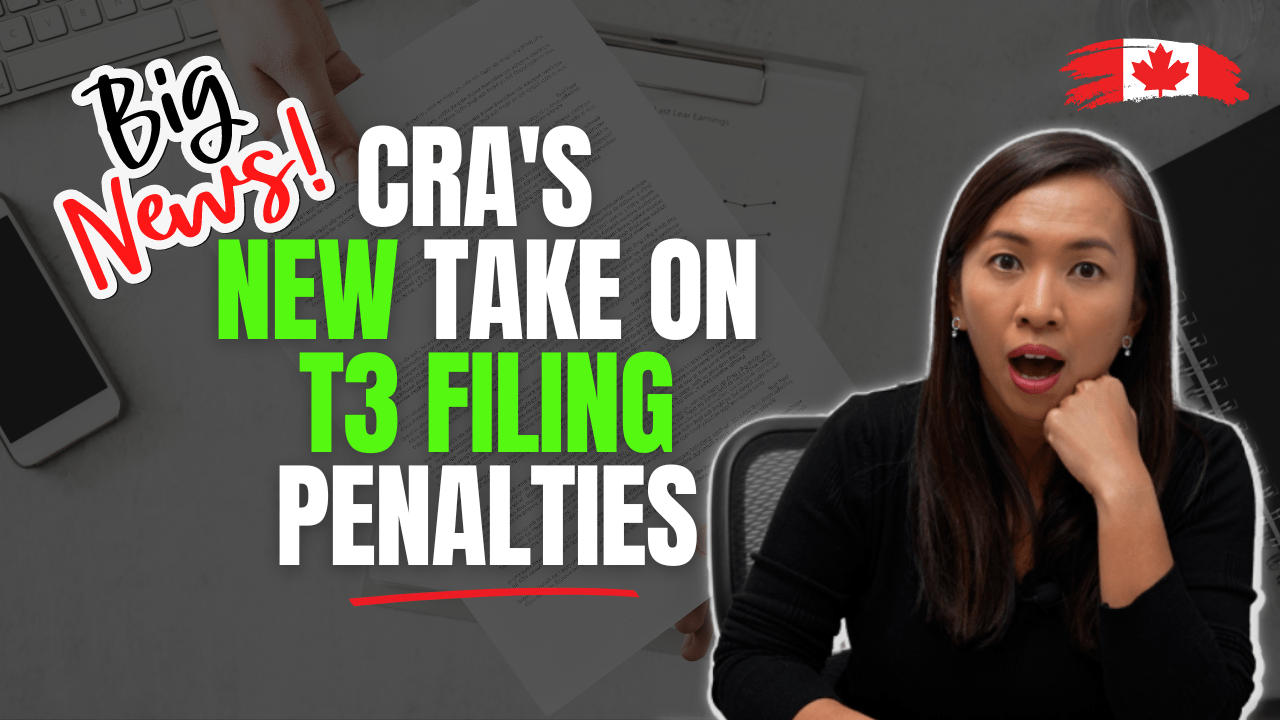It was Saturday morning and I was still sore very sort from the work out the previous week.
I started browsing the yoga classes schedule available to do some stretching and realized that there was a kids’ yoga class for 5 years old and up.
Stretching and spending time with kids?! Bonus!

Enjoying yoga Saturday morning with the entire family! 😉
But… Bruce is only 3. He wouldn’t be able to get in, unfortunately. He wouldn’t be happy if mommy left him home while I took his sister out for a yoga class.
Instead of spending the $$$ on attending the yoga class, I decided to look up YouTube videos for kids’ yoga. And they LOVE IT!
We had a fun filled morning, full of stretching and some cracking noise (from daddy and mommy’s tight shoulders) and story telling.
Stretching isn’t always fun (probably one the most boring part of working out). When you get to do it as a family activity with the kids, it just becomes a lot more enjoyable.
Now, onto this week’s topic.
Many real estate investors invest for the reason of providing a legacy to the next generation.
They want to use the money they earn to finance their children’s education.
They want financial freedom.
They want to retire early.
If there’s money left over, they may even want to help their kids to buy their homes.
What if… the investment comes with a risk, a risk of being sued that could potentially affect your own home, your RRSP, and your savings…
One of the top reasons to incorporate is because of the extra layer of legal protection provided by the corporation.
Business lesson 101 here: Corporation is considered a separate legal entity. This means that it can be sued on its own. If the corporation doesn’t have the money to pay for its liability, it could declare bankruptcy and closed off.
Shareholders’ personal assets would not be affected.
At least that’s the story a lot of business books taught us.
Having a corporation has its own benefits, and its
Some real estate investors would tell you that the setup cost and the extra filing cost are too much, they would rather buy a bigger insurance policy to have the extra protection.
Good point, isn’t it?
How likely are you going to get sued from real estate investing?
Or… to rephrase the question, how likely would you really need the extra layer of legal protection offered by the corporation?
Over 10 years ago, I managed three commercial plazas. One of the commercial plazas has a huge parking lot.
In a very cold Winter, I got a call from a lady claiming that she slipped and fell in this property.
We immediately called the snow plowing company, a father and son team. They’ve been taking care of the property for over 10 years. They kept a logbook whenever there’s snow. They also documented whenever they completed snow plow in the area.
Turned out, there was no snow for the previous 10 days. I immediately left a message with this lady who fell at the property. She never called me back.
I always thought that slip and fall incidents were only a myth from the movie – it really could happen in real life.
Thankfully we had diligent documentation at that time.
Fast forward to 2018, a client came in for a mid-year consultation – we always encourage our clients to be proactive about tax planning.
Her tenant was burning marijuana oil in the basement unit of a triplex in Whitby.
It blew up.
According to her neighbor who witnessed this “explosion”, the entire house got lifted an dropped back down.
Thankfully, no one got hurt (the other tenants were not inside the house when this happened) and this tenant suffered minor injuries.
The house was deemed to be uninhabitable and she had to tear the entire house down.
The insurance company is footing the bill, thankfully. My client, however, was still in shock.
Moral of her story? She’s going to put all future real estate holding into a corporation.
You may still think – oh well, this lady still got the insurance company to foot the bill. I got insurance coverage too. Is a corporation still necessary?
A few days ago, a client and I were having a chat about his 2018 personal tax year.
We discussed the usual, tax estimate, strategy for 2019, etc. and he asked me again about setting up a corporation.
I’m a big proponent of the corporation – simply because of the flexibility it offers to real estate investors and business owners.
But… in his situation, given that he only had one investment, it wasn’t worth while to setup a corporation for one property, yet.
He then dropped the bomb – that he got sued on this joint venture investment. He was not on the title on this property, but he owns 50% of the property as the real estate expert.
He was named in the
Each property insurance would have a slip and fall component. You would normally think that it is somewhat covered in it.
But because he wasn’t on the title, the insurance company would not cover his case. ☹
Even with the JV partner who’s on the title, according to him, this insurance company is trying everything to get out of the case.
Sometimes, we forget that insurance company has its policies. If you miss one fine detail, you may not get covered. ☹
Morale of the story? You don’t know what you don’t know.
Be extra cautious, be protective, be diligent.
Will corporation protect you from all these?
A big disclaimer here, I’m not a lawyer. Consult a lawyer to get a better understanding before you proceed with anything. You may still get sued even if you own your investment through a corporation.
But it does provide an extra layer of protection.
Be sure to consult a lawyer.
Until next time, happy Canadian Real Estate Investing.
Cherry Chan, CPA, CA
Your Real Estate Accountant






Tris
Good article Cherry …. wanted to add one aspect that is usually overlooked in this debate – and interested to hear your thoughts on this – since the goal of most investors is to win time freedom and financial independence and the choices that come with it, holding in your personal name may be a wise choice. As we are currently doing, if you are targeting larger income properties to benefit from the management and cost efficiencies that come with say mid-size apartment buildings in an on overlooked but high demand small town to reduce the cash up front requirements and maximize the cash on cash returns that create that time freedom, then holding in your personal name means a greater chance to take all potential income sources into account. If you have a healthy cashflow portfolio, and then buy a say 20 unit run down building to turn it around, holding in your personal name allows you to write off that negative income against the positive income to net out at a very low or even no tax rate. This then allows you to qualify for the quite astonishing large income supports you can get if you are a low income person. With Trudeaus gift of 600 $ per month per child til 18, there are millions – millions – of low income families that now get a big chunk of monthly cash tax free. You don’t need to be in Canada to get that money … so long as you are filing a low income tax return in Canada. You could be living anywhere around the world… for a family of 3 kids getting 1400 $ tax free … you could live on that with just a little bit more cashflow from your other properties in many places that are amazing. There are many many investors who could change their lives and quit their jobs to go live on a beach … by buying turn around properties in their own name they can manage from a distance to offset their other real estate income. Curious to hear your thoughts on this. Cheers.
tris
Also, I personally believe the legal protection of buying in a corp is overstated when lawyers come sniffing around to see who they can get money out of. If you have personally guaranteed a mortgage – which you almost certainly have unless it was low leverage, even in a corp – then the lawyers are adding you to the lawsuit anyway. Lawsuits are not ultimately about justice, they are about liquidity. Lawyers take on cases on percentages of the winnings all the time and fund the proceeds themself. When they do their analysis of a case to take on, the analysis starts with how much assets are owned by the people they are targeting, and anyone with substantial assets is a target. If you are a beneficial owner, I don’t think you will avoid going to court as the lawyers will find a way to name you in the lawsuit, and the lawsuits you are talking about in this article are clearly aimed at extracting money. The game is liquidity; the guy with the money and time and appetite for the battle usually wins it.